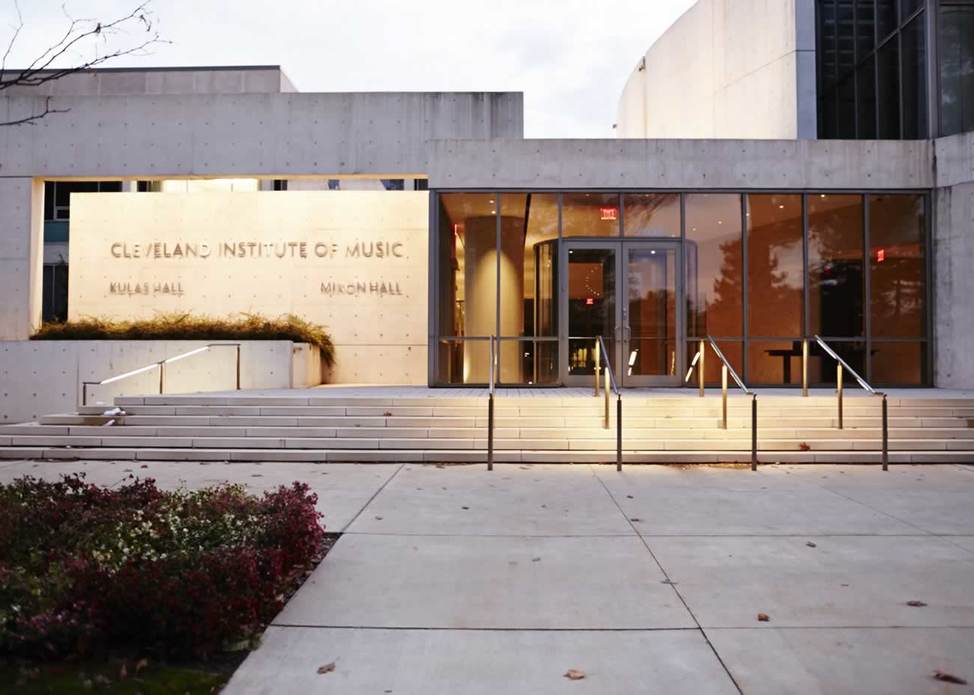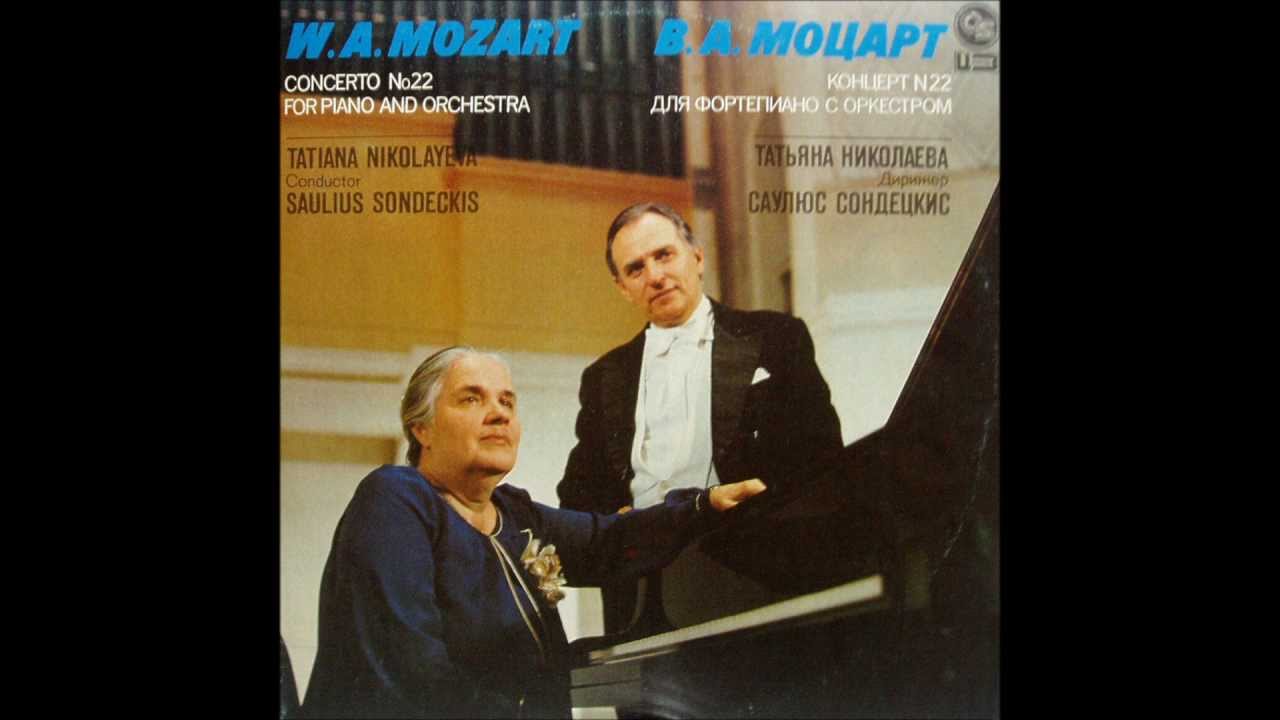Andris Nelsons announces his first (short) Boston season
mainIt’s only ten weeks, but there’s plenty of novelty. Can’t wait to see what Boston Brahmins make of Sofia Gubaidulina’s Offertorium, with violinist Baiba Skride, and John Harbison’s Koussevitzky said.
Look upon it as a wake-up call. Only ten weeks, though.
Full details here.







Interesting programming. Also a great idea to name modern pieces after, or celebrate the memory of, Boston icons. How can the brahmins quarrel with that?
The BSO recorded the Gubaidulina with Kremer in the late ’80s, I believe.
Henry is quite correct. The recording was cited at the press conference today.
It is the only commercial recording of Charles Dutoit conducting the BSO, for DG.
It was a byproduct of a Soviet-American music festival called Making Music Together, one of the last significant projects of Sarah Caldwell.
Schnittke, Gubaidulina, Bashmet and others made their first appearances in Boston, if not the
west, that April of 1988.
If anyone cares, the brahmins are practically an extinct breed in Boston and the surrounding communities. What remains of their number attend, with more canes, walkers, and wheel-chairs every year, on Friday afternoons of a four-concert week. They will not make any more of Nelsons’s Gubaidulina and Harbison offerings than they made of Levine’s Carter and Schonberg (and Harbison) offerings. The Boston audience is much more heterogeneous than it was even twenty years ago and tends, because of Levine’s insistent devotion, to be receptive to, or at least tolerant of, difficult music. It’s a good sign that the BSO under Nelsons will continue to perform the work of Boston area composers–e.g. Gandolfi, Harbison, and Schuller.
Offertorium had its US premiere in Boston,as did Schnittke Symphony 1 and the Viola Concerto. The BSO connection with these composers came as a result of the Making Music Together program, with the USSR initiated by Sarah Caldwell.
Harbison’s piece was performed at Tanglewood last August. It’s a charming occasional piece, not much more than that, but hardly anything to put anyone’s noise out of joint, is it? The BSO has, I think, a long tradition of presenting contemporary works going back at least to Muck who presented the American premiere of Schoenberg’s Op. 16; and one hardly needs to cite Koussevitzky and most, if not all, of his successors. I don’t understand the derisive tone, Mr. Lebrecht. “Vain man, suppress that supercilious sneer…” 😉
–The world premiere of John Harbison’s Koussevitzky Speaks was in August 2012 (not last August).
–The Boston Symphony tradition of presenting new works can dated to its second-ever concert, October 29th, 1881. That occasion saw the American premiere of the Brahms Alto Rhapsody. It was repeated on the third
concert (November 5th, 1881).
Correction: The American premiere was the Brahms Tragic Overture, not the Alto Rhapsody.
Sorry!
John Harbison’s piece is titled “Koussevitzky Said:,” not “Koussevitzky Speaks.” Having sung in the premiere on August 26, 2012, I’m looking forward to getting to sing it again. Brian, your interview about this piece (from the time of its premiere) is at http://www.wgbh.org/programs/Backstage-With-Brian-Bell-268/episodes/John-Harbison-on-Koussevitzky-Said-40808 .
“Only ten weeks” is quite misleading and also lacking in context, I’m afraid. Ten weeks of *subscription concerts* at Boston’s Symphony Hall, *plus* three weeks of concerts at Tanglewood in the summer, *plus* a return to three dates/programs at Carnegie Hall in New York City, *plus* a major two-weeks-plus European festivals tour in late summer, the first by the BSO with a music director in years and an essential project in their rebirth. This makes at least 16 weeks. Ten weeks of home subscription concerts in a give or take 30 week home season plus touring is a standard music director contract at major U.S. orchestras these days. Mr Nelsons appears to be giving his all and with a very strong roster of returning guest conductors (including the recently much discussed Bernard Haitink) and débuts and other new works as well from Birtwistle and Brett Dean and a concert “King Roger” of Szymanowski with Dutoit I’d say he is hitting the ground running in terms of programming and commitment.
I have to agree with you, Mr. Patner. Norman Lebrecht’s dismissive characterization of this announcement as a “(short) season” of “only ten weeks” struck me as odd. Because the Boston Symphony shares its concert calendar with the Boston Pops (in December and in May–June) and with Tanglewood (in July and August), the BSO subscription season is 25 weeks. While it’s possible that Mr. Nelsons may end up leading a few more of those weeks in the future, it’s very unlikely that he’d go beyond that, and ten weeks feels quite ample for the Music Director’s share of the season. The Boston Symphony is fortunate to be able to attract many of the world’s leading maestros as guest conductors, and—speaking as a full-season subscriber and a charter member of the BSO’s Tanglewood Festival Chorus—I would hate to miss the opportunity to hear (and sing with) Bernard Haitink, Charles Dutoit, Rafael Frühbeck de Burgos, Stéphane Denève, and others in the course of our concert season.